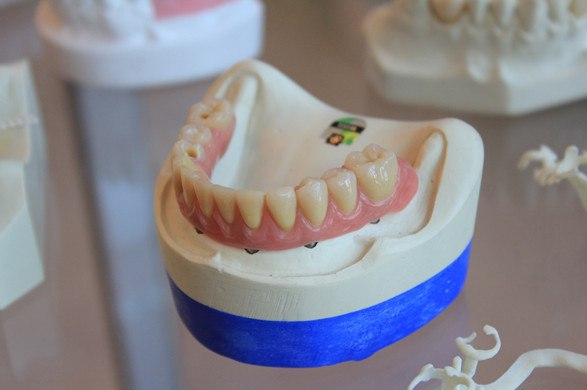Dental phobias have become a huge concern because the fears and anxieties linked to this phenomenon prevent patients suffering from it from seeking the professional dental care they need.
It is reported that as high as 53 per cent of the UK populace experience some level of dental fear with at least 17 per cent suffering from such acute fear of the dentist City of London to the extent that they refrain from seeking dental care they need. By neglecting to address their poor oral health issues, these patients put not only their dental health at risk but their overall physical and mental wellbeing too.
Dental fear or anxiety is the feelings of nervousness, anxiety or fear that arise when thinking about seeking dental care from a dental practitioner. These feelings range in intensity from slight unease (most commonly experienced) to severe anxiety.
Far from being a trivial concern, dental fear has a few serious consequences to be aware of. It is to avoid these undesirable consequences that dentists urge anyone suffering from dental fear to come to terms with this condition and speak about it to their dental healthcare practitioner.
Before taking a look at what some of these far-reaching and long-term consequences are, it would be useful to understand what causes people to be afraid of the dental chair.
Causes Of Dental Anxiety
For the majority of dental anxiety sufferers, fear of visiting a dental clinic arises after a poor experience in the dental chair. These poor dental experiences can take place in childhood or when as an adult. Other patients suffer from unpleasant associations upon hearing the whine of the dental drill or seeing needles. Dental anxiety can also be caused by the embarrassment of the state of one’s mouth, feelings of powerlessness when in the dental chair and the invasiveness of dental treatments and procedures.
Identifying Dental Fear Symptoms
Patients exhibit dental fear in a multitude of ways. Symptoms vary and not every patient will experience the same number of symptoms. On this list are:
- Nausea
- Elevated blood pressure
- Rapid breathing
- Not being able to sleep the night before
- Dry mouth
- Need to gag
Consequences Of Not Addressing Dental Fear

It goes without saying that failing to seek timely dental care when needed will greatly heighten the development of poor oral health issues and aggravate accompanying symptoms. Issues like cavities that can be quickly and easily treated can turn into major headaches when dentition is lost or gum disease is left to progress to advanced stages.
In addition to a whole host of dental problems, there is a great risk to physical health. The mouth-body connection has been well-documented to show how bad oral bacteria can leave the mouth and enter the deeper recesses of the body. The harmful microbes exist in plaque, which is responsible for contributing to inflammation. This is also linked to an array of other concerning medical conditions. Vital life organs such as the lungs and heart and brain. Some of the medical conditions that are impacted by poor oral hygiene include cardiovascular disease, cancer, pneumonia, diabetes and Mental illnesses such as Alzheimer’s.
Patients should know that there is help available to overcome their dental fears. Understanding their symptoms is a start and then finding a dental practitioner who accommodates the needs of patients suffering from dental anxiety.






